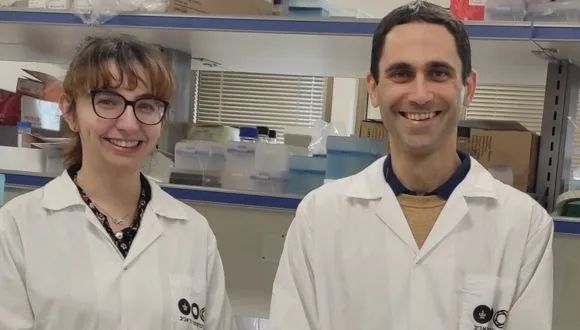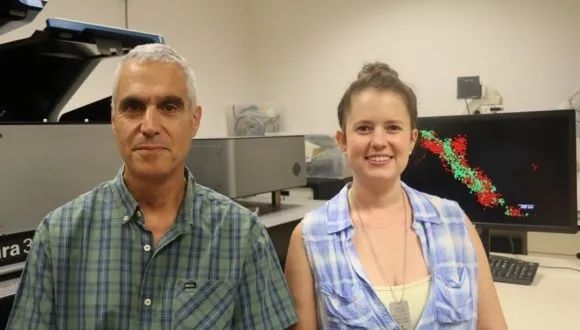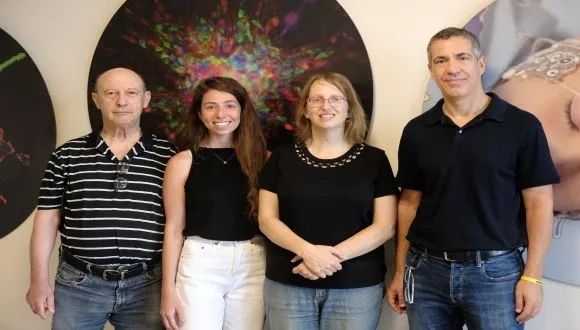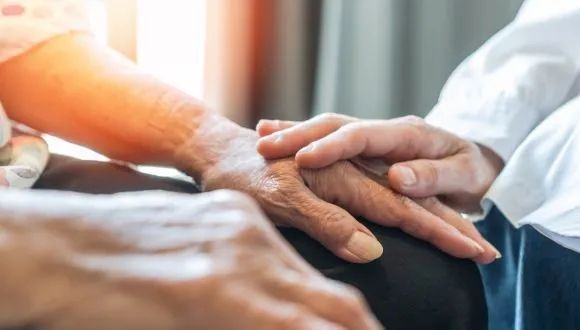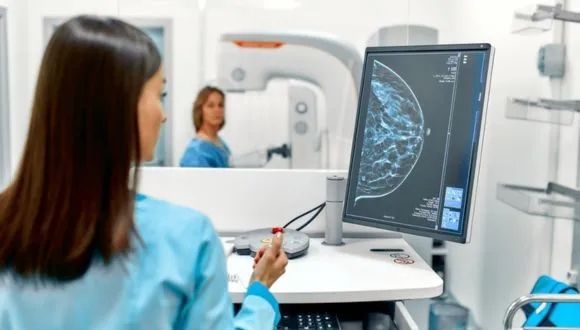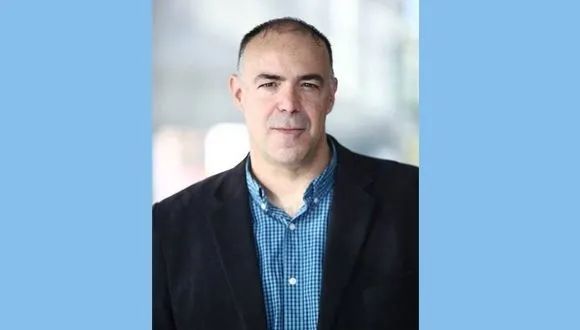The role of hope in supporting mental health is not sufficiently understood among relevant professionals, according to Dr. Dorit Redlich Amirav of TAU’s Department of Occupational Therapy, Steyer School of Health Professions, Sackler Faculty of Medicine.
“Hope is similar to the air we breathe,” says Redlich Amirav. “Air is taken for granted in our daily life until we are suffocating and struggling to breathe.”
How Hope Transcends Generations
Redlich Amirav studies how different groups implement hopeful thinking and improve mental well-being through meaningful occupations. Through her findings, she aspires to help mental health professionals to integrate concepts of hope into their research and treatment and, in the long run, provide a longer-lasting and greater impact on each patient’s holistic well-being.
“Hope is similar to the air we breathe. Air is taken for granted in our daily life until we are suffocating and struggling to breathe.” – Dr. Dorit Redlich Amirav
In new research published in Qualitative Health Research, she investigated the cross-generational transmission of hope. Redlich Amirav cites one of her female participants who was forced by her grandfather to quit school in sixth grade. She felt her hope diminish but stated that her hopeless personal circumstances led her to put more of an emphasis on the importance of education and studying with her own two daughters who both graduated from university.
Other participants displayed this particular kind of cross-generational hope. For example, a mother told Redlich Amirav about her father, who was a violinist until the Nazis broke his fingers. The mother internalized this trauma in a negative way, but all four of her own children play instruments and one of them is an opera singer. She inadvertently conveyed how hope and music are intertwined for them and their heritage.
Hope as a Key to Pandemic Adaptation
In 2019, Redlich Amirav was appointed director of the Israeli chapter of the International Hope Barometer. She says that it came just in time: hope became a key factor in successfully adapting to the trials and tribulations of the pandemic. During the lockdowns, she says that people found meaning in new ways of interacting; specific trends point to the importance of goal-directed behavior in increasing hope.


